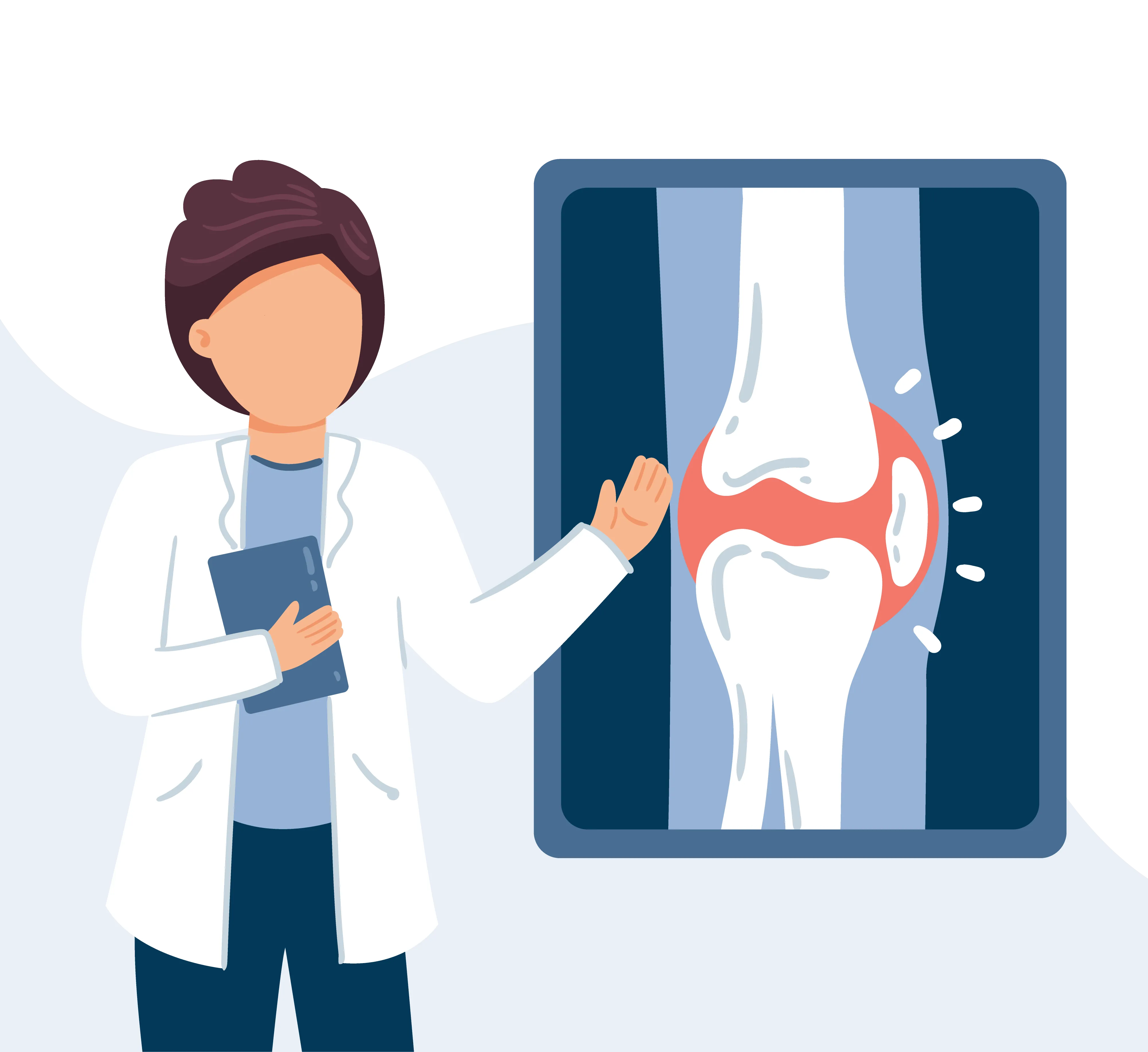Nutrition | 5 min read
High and Low Uric Acid Symptoms: 5 Natural Ways That Can Help Maintain Them
Medically reviewed by
Table of Content
Key Takeaways
- Swelling, pain in the joints, or back pain are common high uric acid symptoms
- Low uric acid symptoms include dehydration caused by frequent urination
- You may not see signs of high uric acid until it is high for a long period
The body creates waste naturally, and uric acid is one that is found in your blood. It passes through the kidneys and gets excreted through the body through urine [1]. High levels of uric acid are harmful to your body and should be kept in control. If you have continually high levels of uric acid, you are at risk of serious complications. Among these is hyperuricemia, which is a health condition that leads to the formation of uric acid crystals. Left unchecked, these crystals can cause gout or chronic kidney disease.
In fact, uric acid also leads to oxidative stress. This can make you more prone to conditions like diabetes and hypertension. This is why it is important to keep your uric acid levels in check and take the necessary measures to ensure that it doesn't exceed the normal range. Read on to find out some natural remedies for preventing harmful uric acid levels.
High and low uric acid symptoms
There is no guarantee that you will feel any signs of high uric acid levels in your body. Uric acid symptoms generally don't appear at first. These develop over time, and only your high uric acid levels are left unchecked for a long period of time. Some of the common high uric acid symptoms are:
- Swelling or pain in the joints
- Discolored or shiny skin around the joints
- Kidney stones
- Warm feeling in the joints when touched
On the other hand, low uric acid symptoms are also something to note. For instance, a common complication is a Fanconi syndrome, which causes low uric acid and its associated symptoms. These include frequent urination, which leads to dehydration, and low energy levels.
Additional read: World Water Day 2022
Low and high uric acid levels: Diagnosis & Treatment Options
High and low uric acid in the body can impact your health and wellbeing in the long term. This makes it important for you to know the high and low uric acid symptoms. By noticing them in time, you can get timely treatment and avoid complications. Diagnosis is usually made through testing, wherein doctors will require you to collect samples of your urine over the course of a full day. Another option is to collect a sample from one of your swollen joints. Here, a syringe will be used to retrieve fluid from your swollen joint.
With prescribed medication, you can manage and control high as well as low levels of uric acid to a certain extent. The medication works by dissolving uric acid crystals present in your body. If you have extremely high uric acid levels or experience urinary infections, you may need urate-lowering therapy.
Low blood uric acid is not considered a serious medical condition but could signify that you may have certain health problems. If your uric acid is at 2mg/dl or less, it is considered a low level of uric acid [2]. Your doctor may prescribe therapies and medicines to manage uric acid levels in your body.

Natural ways to manage uric acid levels in your body
Keep your weight in check
Fat cells may increase the uric deposit in your body, which is why it is important to keep your weight in check. Additionally, your swollen joints will cause pain, and reducing your weight can help minimize the stress on these joints too.
Alter your diet
Dietary changes are the best way to manage your uric acid levels. This is because certain foods will contain a substance called purine, which increases uric acid in the blood. So, avoiding these would be the first solution. Secondly, doctors will recommend a high-fiber diet because fiber helps rid the body of uric acid.
Drink more fluids
Drinking enough water is the best way to rid the body of toxins. What's more, it aids kidney function too and reduces the chances of deposits. To ensure that you don't run the risk of dehydration, drink around 8-12 glasses of water in a day.

Manage your stress
High levels of stress, bad sleep habits, nervous triggers, and anxiety can cause inflammation in your body. This can increase the concentration of uric acid. As such, it is crucial that you find ways to destress on a daily basis. Find activities that help you reduce your stress without requiring too much commitment on your end. For instance, someone as simple as a breathing exercise that you can do or yoga or any other such stress-relieving activities. These naturally help with stress and can be easy to fit into your day.
Additional read: Stress SymptomsThese are the ways in which you can stay healthy and prevent high or low uric acid levels. The best option is to lead a healthy lifestyle and inculcate habits that are good for your wellbeing. This includes following up with your doctors and prioritizing preventive care. Find doctors on Bajaj Finserv Health and get guidance for any uric acid health issues that may arise. You can even consult specialists for help managing your uric acid symptoms and work on improving your overall health and wellbeing. Get on a call today and take the first step towards improving your health.
References
- https://my.clevelandclinic.org/health/symptoms/17808-high-uric-acid-leve
- https://www.ncbi.nlm.nih.gov/books/NBK273/
Disclaimer
Please note that this article is solely meant for informational purposes and Bajaj Finserv Health Limited (“BFHL”) does not shoulder any responsibility of the views/advice/information expressed/given by the writer/reviewer/originator. This article should not be considered as a substitute for any medical advice, diagnosis or treatment. Always consult with your trusted physician/qualified healthcare professional to evaluate your medical condition. The above article has been reviewed by a qualified doctor and BFHL is not responsible for any damages for any information or services provided by any third party.





